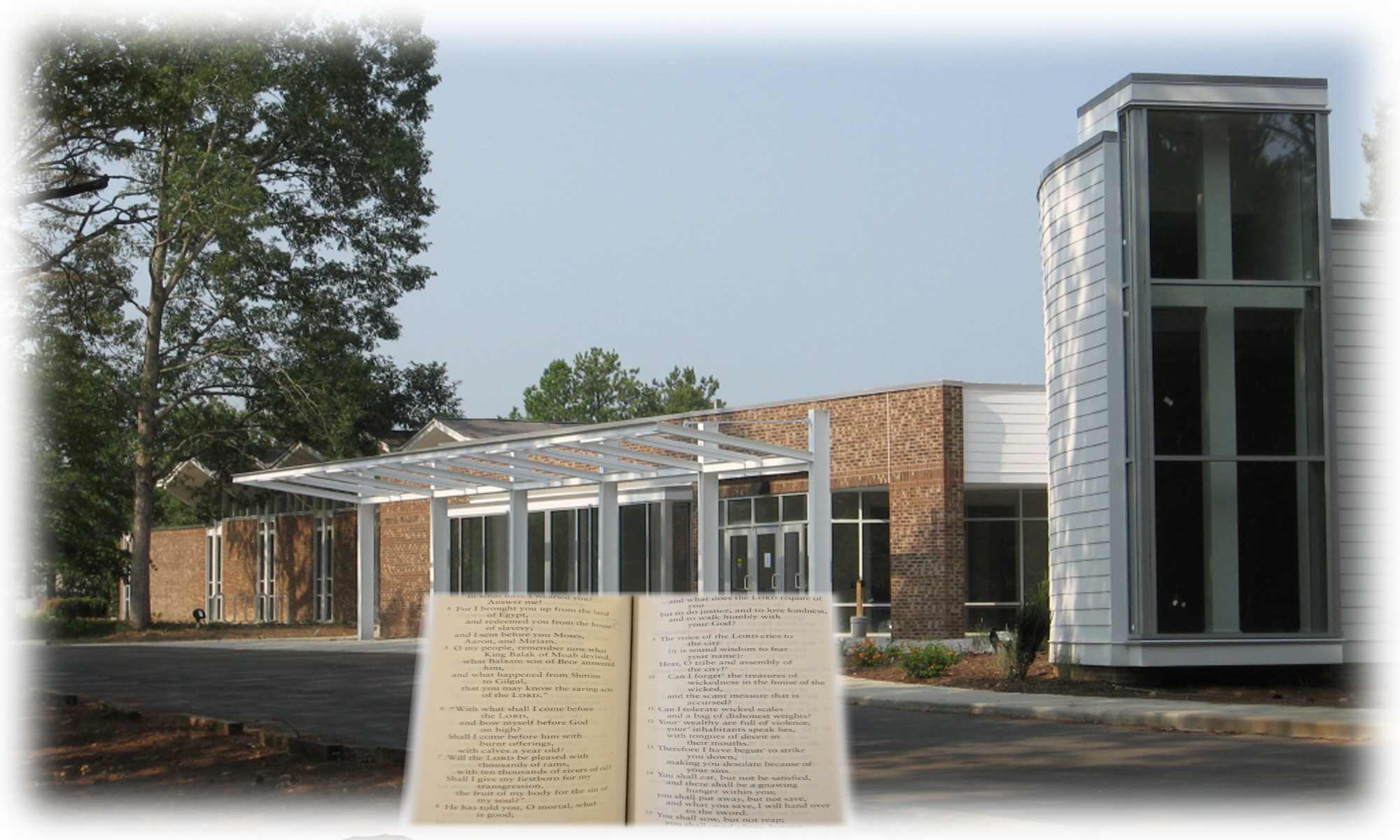
Last week I read the flood story from the Gilgamesh Epic aloud to the class, then each of us with a partner read the Yahwist flood story that lies behind part of the biblical account. We then talked about the similarities and differences between these stories.
Tomorrow we will look again at the Yahwist version, then read the Priestly version of the story that is interwoven with it in the story that we find in the Bible. We will discuss how these stories are combined in the biblical text and what early Israel may have been asserting in this combined narrative. What key theological claims are being made? How does the combined story set Israel apart from its neighbors?
I look forward to seeing all of you at Binkley at 9:30 tomorrow morning.


You must be logged in to post a comment.